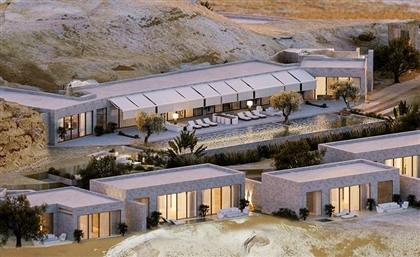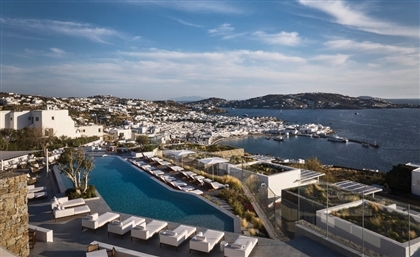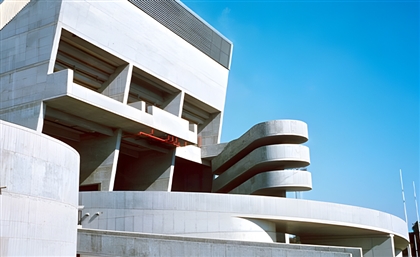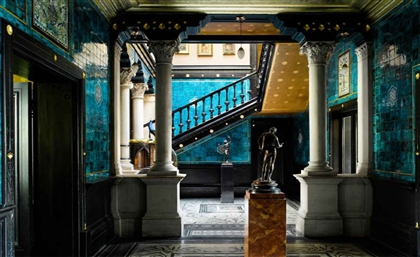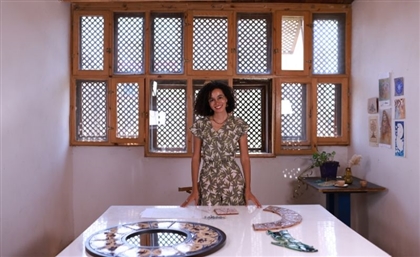Tunisian 'Star Wars' Hotel Stands the Test of Time
Demolition once loomed over 1970s Hotel du Lac, placing the memory of the city at risk.
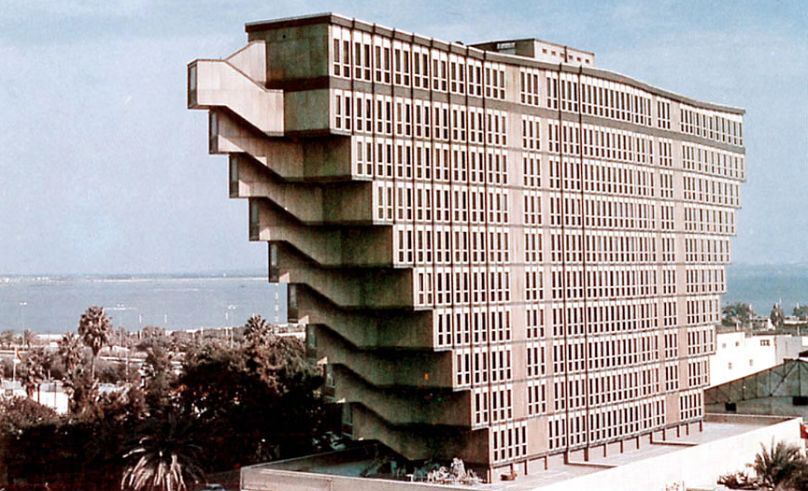
Historical erasure is a clandestine phenomenon slowly creeping through the region, gradually consuming beloved edifices. Some buildings, salvaged from this fate, become havens from destruction, while others simply vanish. Hotel du Lac, once under threat, now stands as more than a local landmark - it embodies the essence of the Brutalist Movement in North Africa.
Designed by Italian architect Raffaele Contigiani, and famed as the inspiration for the Sandcrawler from Star Wars, Hotel du Lac stands as a testament to Tunisia's modernity and independence. Abandoned for 20 years, the hotel has significantly impacted the Tunisian architectural landscape and remains ingrained in the collective memory of the city and the region. It continues to symbolise a historical era that marked profound changes for Tunisia.
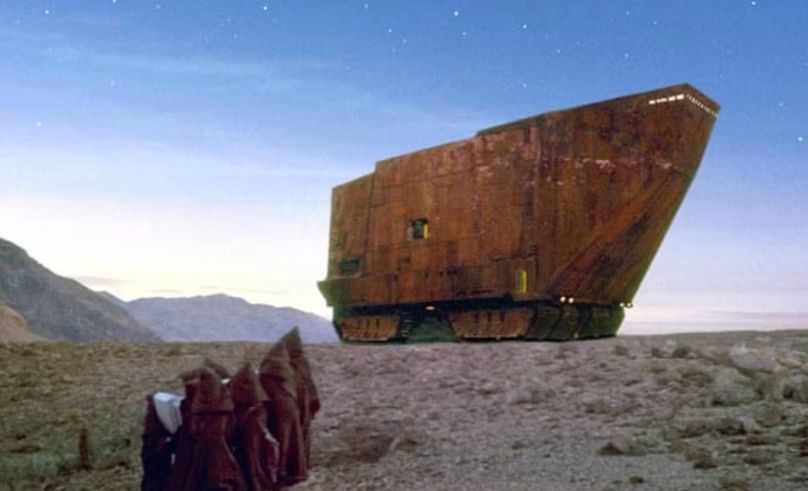
Close to facing the wrecking ball, this symbolic yet non-functional iconic Tunisian inverted pyramid hotel, with 416 rooms hanging in the sky, enjoyed its own glamorous heyday when its doors first opened in 1973. Its doors would close in 2000, and the future of this landmark would be cast into uncertainty.
In 2011, President Zine El Abidine Ben Ali, Tunisia's second president from 1987 to 2011, sold the property to the Libyan government-owned investment fund Lafico. Proposed redevelopment plans have since raised regional concerns about the preservation of this site.
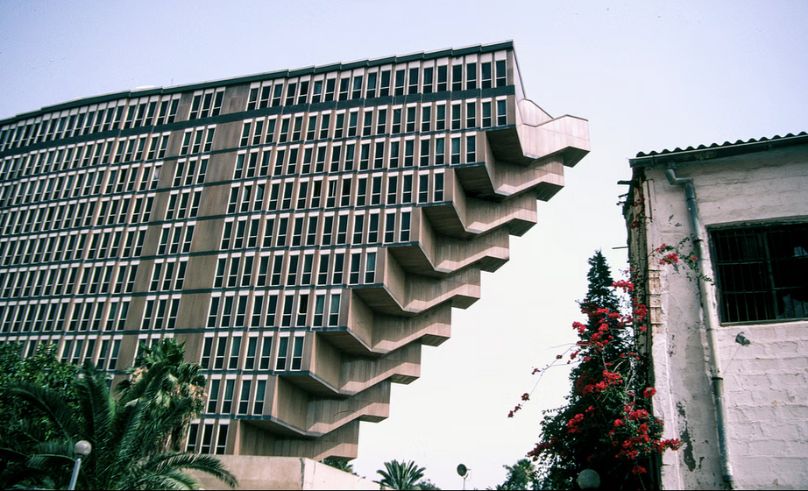
Even though the Municipality of Tunis announced that it had not received or granted a request for permission to demolish the hotel, the fate of the Hotel du Lac remained uncertain, especially when Architect Sahby Gorgi, consultant for the Libyan buyers, announced that the new owners favour another structure over restoration.
Conservationists argued that the city, country, and region would be losing a piece of its unique heritage if the building was to be torn down. Architect and activist Sami Aloulou of the conservation group Edifices et Memoires (Buildings and memories) announced on Tunisia’s Radio Misk that the hotel was scheduled for imminent demolition, sparking a flame of resistance.
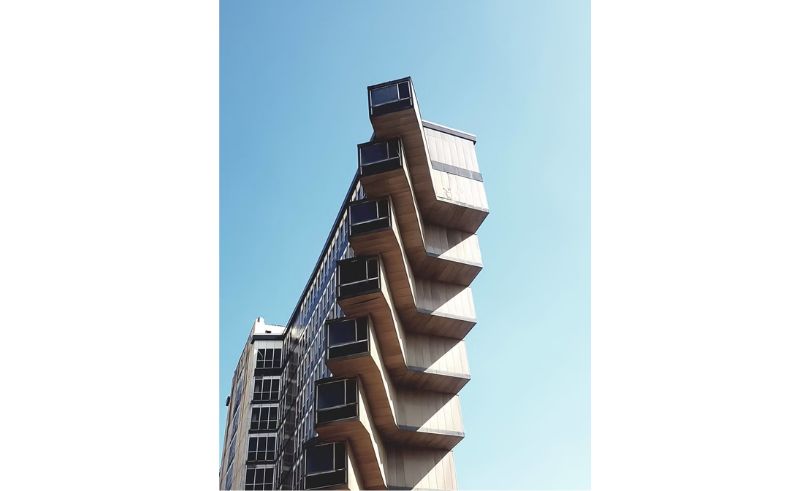
Aloulou acknowledged the case for modernization, and his group is not arguing the Hotel du Lac should be preserved in its current, deteriorated state. Instead, conservationists are looking at new possibilities to renovate the site and give it a “second life” with a new function. In the latest updates from the Libyan Arab Foreign Investment Company and the Libyan government.
- Previous Article The Enduring Charm of Jeddah’s Old Town of Al Balad
- Next Article This Swiss-Egyptian Photographer Views Europe Through Mosque Windows
Trending This Month
-
Jan 31, 2026




